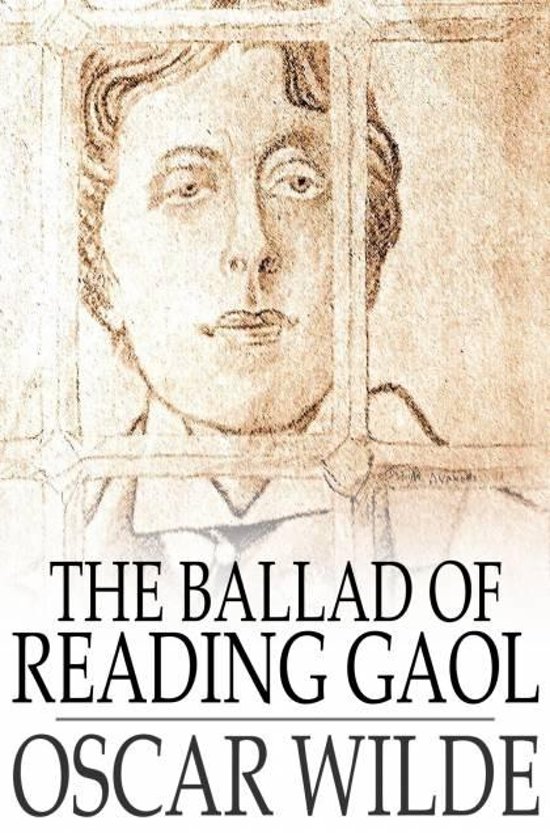

Perhaps he found another in the hypocrisy of the prison system itself, destroying the souls and bodies of those it would reform. Wilde loved paradox, and he found some essential symbol of it in the man who murdered his wife. Judas, of course, is on his mind: the poem refers to the kiss of Caiaphas, the latter being the priest who participated in Christ's betrayal. That would certainly seem to have been true of his relationship with "Bosie", Lord Alfred Douglas, seemingly a spoiled brat further spoiled by Wilde's adulation. What does Wilde mean? Perhaps he is saying that love itself corrupts or alters its object. It is a revelation, and its structure is part of that revelation.Įveryone can quote the refrain: "For each man kills the thing he loves." Poetically, it's unquestionably powerful, and, intellectually, it's powerfully questionable. The Ballad is an indictment of the death penalty and the whole penal system, but it is much more than a protest poem. Around this narrative core, whose genre might be described as gothic realism, Wilde builds a meditation on the paradoxes of morality. The poem is dedicated to the memory of the "sometime" Royal Horse Guards trooper, Charles Thomas Wooldridge, and the central incident is Wooldridge's execution for the murder of his wife.


 0 kommentar(er)
0 kommentar(er)
